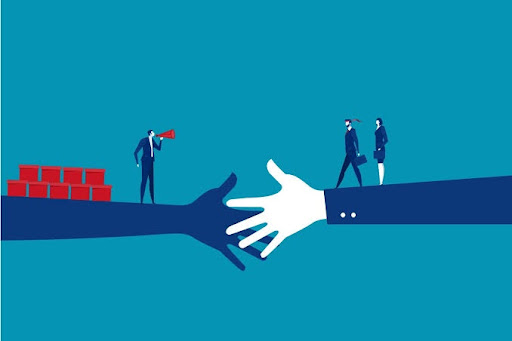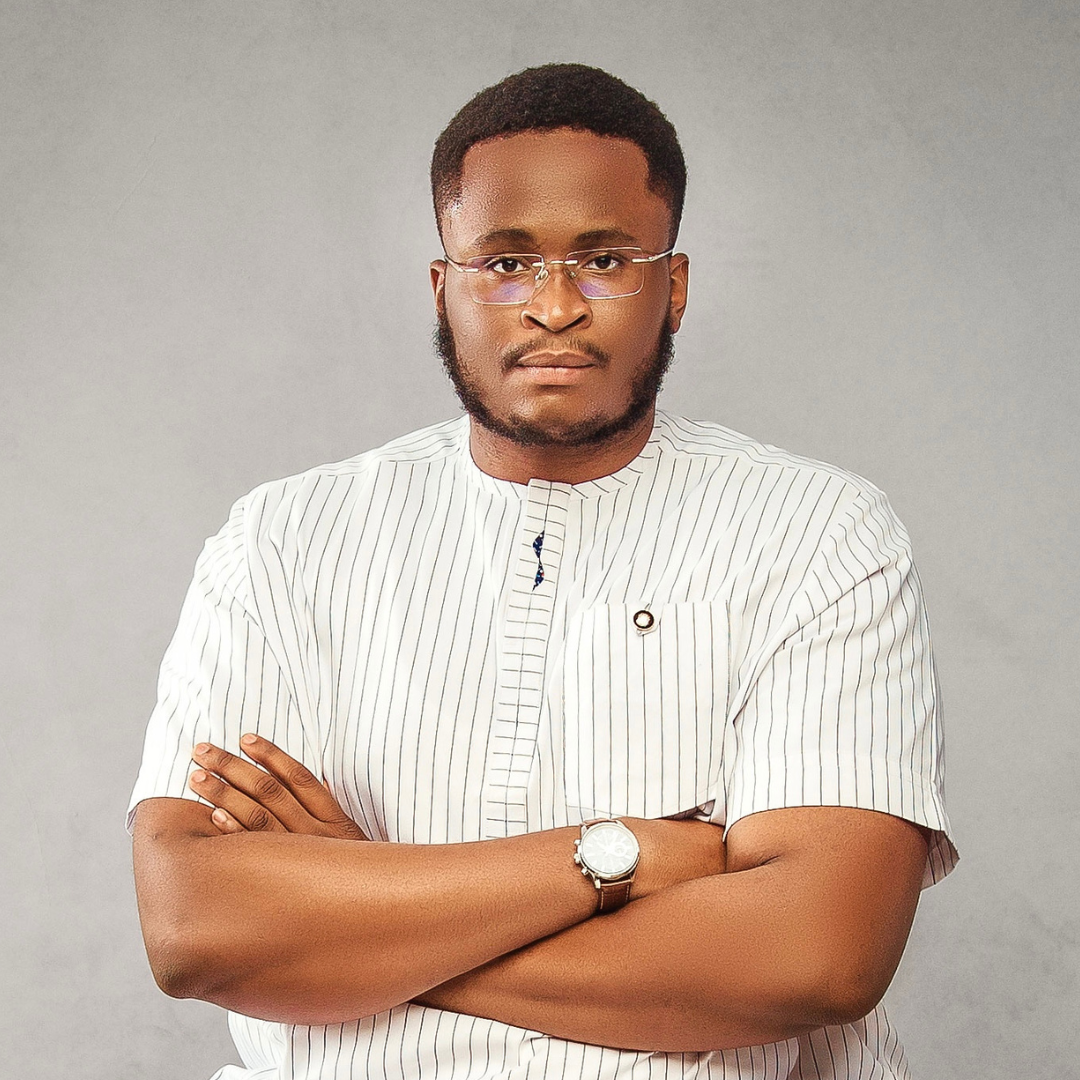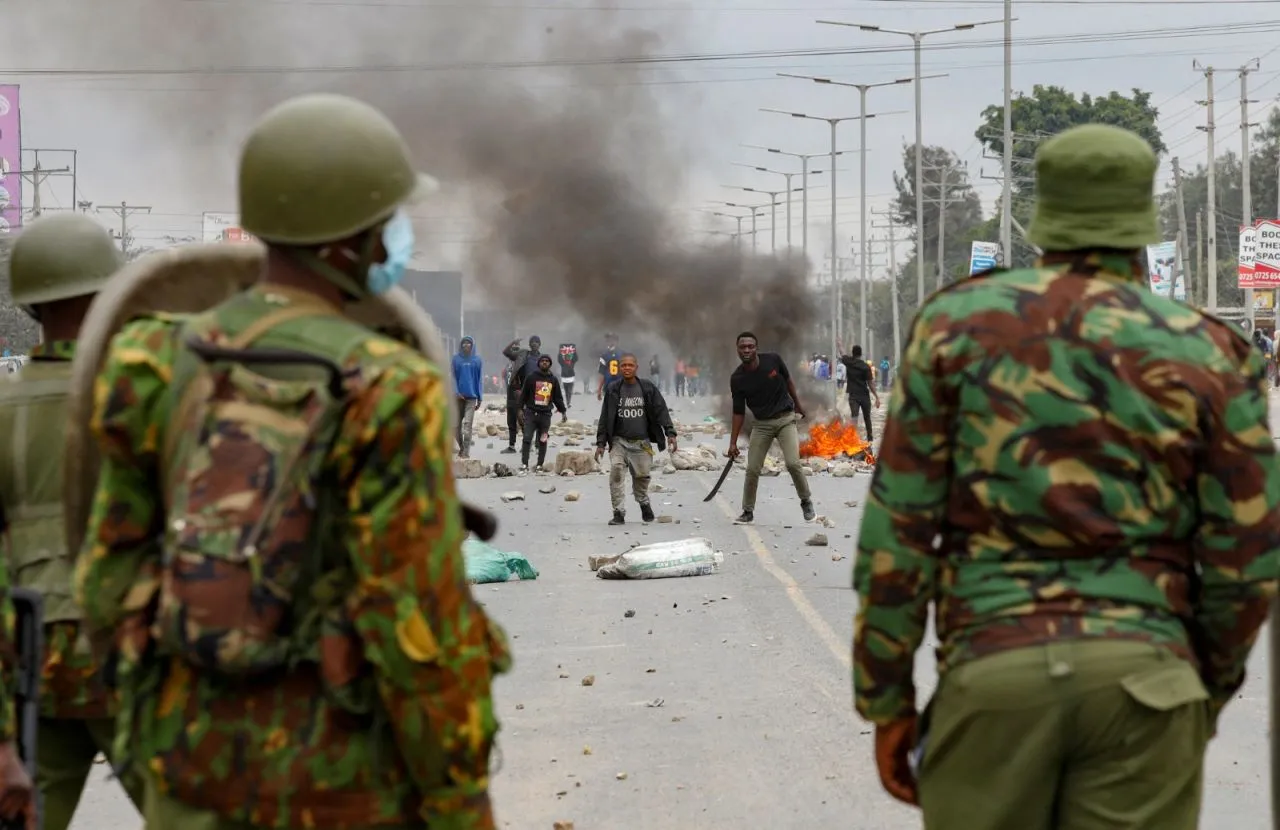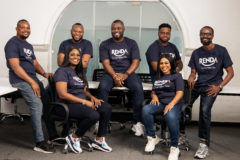The year 2021 has set many new standards for Africa’s tech ecosystem. As reporter Alexander Onwukwue states, “It’s the year African startups normalised $100 million rounds.” It’s the year francophone Africa produced its first unicorn, Wave, which raised $200 million at a $1.7 billion valuation.
It’s also the year of mergers and acquisitions, with over 333 M&A deals worth $51 billion done in the first half of the year alone, a 567% increase in deal value from 2020’s $8 billion. Following Stripe’s acquisition of Paystack in a $200 million deal in 2020, quite a number of notable acquisitions have occurred. From Flutterwave’s acquisition of Disha, MaxAB’s acquisition of Morocco’s WaystoCap, and even Piggyvest’s acquisition of Savi, companies in the ecosystem are consolidating to solve some of the continent’s taxing issues.
One of the biggest acquisition deals of 2021 is MFS Africa’s deal with Capricorn. In October, MFS Africa—the largest fintech interoperability hub in Africa—signed a deal to acquire Capricorn Digital, one of Nigeria’s largest digital solutions and distribution companies. While the amount is undisclosed, both parties confirmed that the deal is Nigeria’s “second-largest” fintech acquisition deal, second only to Paystack’s $200 million acquisition deal with Stripe.
But how do hundred-million-dollar deals get made? And why are more startups hitching their wagons together? On December 3, TechCabal brought Dare Okoudjou, MFS Africa CEO, and Degbola Abudu, co-founder of Capricorn together in a live session to answer some of these questions.
Big deals start out small
For Dare Okoudjou—who has led MFS Africa’s growth in 35 African countries—big deals and acquisitions don’t always start out as big deals. “Big deals are done over time, and sometimes, they start off as minority investments talks which evolve into acquisition talks,” he said. “The first time Degbola and I spoke in 2014, Capricorn had just started and we—MFS Africa—we’re trying to help him raise money. Fast forward to 2020, and we’re speaking about acquisitions.”
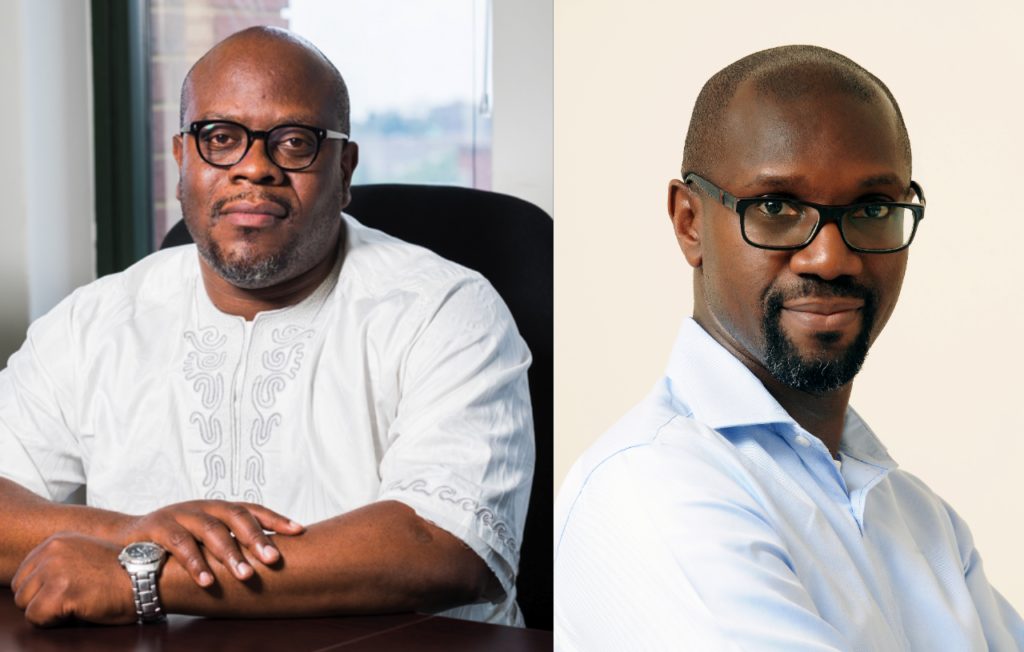
On Capricorn’s end, Degbola Abudu and his team had been fundraising for a while, and while they weren’t planning on getting acquired, the deal was a realistic next step for them. “Initially, MFS Africa was supposed to be an investor. Conversations for this present deal started even before COVID, and by the end of 2020, when it became clearer, we were more open to it. There were many conversations between myself and Dare, and many more between myself and the Capricorn board.”
While Capricorn’s motivation for taking the deal was geared towards sustainability, MFS Africa’s was targeted at growth and expansion. “MFS has agent networks in 35 SSA countries and the opportunity to merge that with what exists in Nigeria isn’t easily replicated,” Okoudjou said. “We’d been eyeing Nigeria for a while, hoping that the mobile money network would kick-off, but it didn’t. On the other hand, there was Capricorn which had built a strong agent network of 90,000 agents. When we realised that, it was evident what the next steps were.”
Building trust and partnerships
Recognising strategic partnerships is something that can be said of MFS Africa’s earlier acquisitions. Prior to Capricorn, MFS Africa had acquired two other companies. In 2020, the company acquired Beyonic, a Ugandan fintech delivering payment management solutions to SMEs. That deal also started off with several conversations on strategic partnerships between Beyonic’s CEO, Luke Kyouhere.
In 2016, MFS Africa acquired Sochitel—a company that specialised in international airtime transfers into Africa—and the acquisition, according to MFS Africa, helped create the largest transfer payment network which focuses on Africa.
The company has also made six minority investments in companies across the continent including Maviance, Numida, Julaya, and Inclusivity solutions. One crucial thing that has helped these relationships—investments and acquisitions—is trust.
“In considering acquisitions at MFS Africa, we start with our destination, our North star. We want to be in all 54 African countries, and we don’t want borders to matter. You can be in Benin and make transactions with people in Zambia, or in Nigeria. Over time, we’ve calculated what that means, infrastructure and regulation-wise for us. And when we want to invest or acquire a company, we ask ourselves how or if that investment or acquisition will bring us closer to these goals. That’s usually the starting point,” Okoudjou said. “The thing that usually makes or breaks these things is the people. Because, in the end, if you can’t work with the people, it doesn’t matter what the spreadsheets say.”
Abudu also agrees that trust is a necessary ingredient to any big deal. “Other than being realistic, trust was one thing we had to show, and for that to happen, we had to be open on our end. We had to be clear what the acquisition meant for our people and it was important to be open about everything. That’s what startups need to understand. Hiding things won’t help you in the long run, and with trust, you can even work towards solving some of those crucial points together.”







